Top Class Actions’s website and social media posts use affiliate links. If you make a purchase using such links, we may receive a commission, but it will not result in any additional charges to you. Please review our Affiliate Link Disclosure for more information.
Two California consumers proposed a class action lawsuit against Whirlpool Corporation, raising allegations that the company sold refrigerators with defective control panels, leading to ice buildup and leaks in the surrounding area. Defects in home appliances products can lead to costly repair and even home damages.
The complaint was filed on Nov. 13, 2020, in the U.S. District Court for the Southern District of California by plaintiffs Kimberly Chebegia and Kristopher Spear, who each claim they purchased a KitchenAid Refrigerator that had ice buildup issues that caused excessive water accumulation and necessitated costly repairs to the refrigerators and the home.
The proposed class action lawsuit follows closely behind a separate Whirlpool class action lawsuit that was recently settled for $21 million to resolve allegations concerning defective drain tubes in refrigerators manufactured by the company that caused freezing resulting in water leakage.
Raising twelve causes of action, the suit alleges Whirlpool’s refrigerators had manufacturing and design defects, and asserts that the company was negligent, breached its warranty of merchantability with consumers, and violated California law by distributing and selling combination refrigerator-freezers that had defective parts. The lawsuit also raises claims under the federal consumer protection laws of the Magnuson-Moss Warranty Act and state law claims under California’s Song-Beverly Consumer Warranty Act.
According to the class action lawsuit, the Whirlpool refrigerators were sold with control panels that are defective and malfunction, causing the defrost function to fail and an accumulation of ice on the outside of the doors, which can result in an ice buildup that prevents the doors from closing and causes costly damage to the interior of the home, flooring, kitchen cabinetry, baseboards, and walls.
In the complaint, both Chebegia and Spear claim that the control panel on each of their refrigerators failed, warranting repairs. Spear contends that the “cntrl-elec” on his refrigerator had to be replaced numerous times, in addition to the “panel-ui,” and the “thermistor.” Chebegia and Spear claim they incurred fees of $69 and $75, respectively, from Whirlpool as a result.
The defective control panels also affect other components of the refrigerator, as stated in the suit, including the evaporator coils and thermistors, which are critical to a refrigerator’s normal functioning.
“Hundreds, if not thousands” of consumers are affected by the faulty control panels, according to the lawsuit, exposing them to financial injuries by having to incur costs for refrigerator and home repairs as well as to replace spoiled food.
The complaint states that due to the ice buildup and water accumulation surrounding the refrigerator area, those who purchased the refrigerators are also at risk for potential physical injuries that could arise as a result of slip and falls or electric shock.
“Defendants knew or reasonably should have known that the Class Refrigerators and/or the Control Panels were dangerous or were likely to be dangerous when used or misused in a reasonably foreseeable manner,” the complaint asserts.
Chebegia and Spear also purport in the suit that Whirlpool didn’t inform consumers about the risks associated with the alleged defect or issue a recall, “all in order to increase Defendants’ profits.” They argue in the complaint that they wouldn’t have purchased their refrigerator-freezers if they had known they had a defective part, stating, “The existence of the Control Panels defects are a material fact that a reasonable consumer would consider important when deciding whether to purchase one of Class Refrigerators.”
On behalf of themselves and the proposed Class, Chebegia and Spear request compensatory damages, statutory damages and penalties, restitution, attorneys’ fees, and a court order requiring that Whirlpool “correct its illegal conduct,” as stated in the suit.
 What Refrigerators Are Affected by the Alleged Defect Causing Ice Buildup?
What Refrigerators Are Affected by the Alleged Defect Causing Ice Buildup?
In the suit, the refrigerators specifically purported to have been defective include KitchenAid Refrigerator, Model No. KRFF707ESS01 (S/N K64306682), as alleged by Chebegia and KitchenAid Refrigerator, Model No. KRFF707ESS01 (S/N K84700802), as claimed by Spear.
The “cntrl-elec” that Chebegia stated to have failed is listed in the complaint as Org. Manu. No. W10665178/Current Manu. No. W10830278.
Additionally, the “cntrl-elec” panels alleged by Spear to have failed include Org. Manu. No. W10665178/Current Manu. No. W10830278, Org. Manu. No. W10635302, W10790783, W10814803, W11113852, W11185975)/Current Manu. No. W10830288. He also states that “panel-ui,” Org. Manu. No. W10838861)/Current Manu. No. W11089930 has failed.
Spear further claims in the complaint that the following “thermistor” original manufacturing numbers were defective: Org. Manu. No. AP4538142, 12791417, 12791417SP, 12791419SP, W10280385, W10280386, W10308052, W10323459, W10438639, W10438761, W10452402 or WPW10323459/Current Manu. No. W10316760.
The complaint also included an extensive list of refrigerator-freezer models manufactured by Whirlpool as an exhibit, which are alleged to have defective control panels, including a number of models marketed under the brand names Whirlpool, Kenmore, Maytag, KitchenAid, and Jenn-Air.
The Whirlpool Ice Buildup Lawsuit is Chebegia et al. v. Whirlpool Corp., Case No. 3:20-cv-02217, in the United States District Court for the Southern District of California.
ATTORNEY ADVERTISING
Top Class Actions is a Proud Member of the American Bar Association
LEGAL INFORMATION IS NOT LEGAL ADVICE
Top Class Actions Legal Statement
©2008 – 2024 Top Class Actions® LLC
Various Trademarks held by their respective owners
This website is not intended for viewing or usage by European Union citizens.


 What Refrigerators Are Affected by the Alleged Defect Causing Ice Buildup?
What Refrigerators Are Affected by the Alleged Defect Causing Ice Buildup?

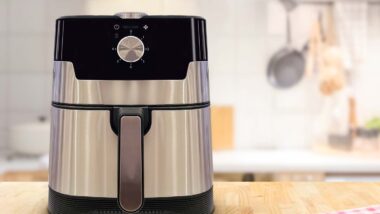
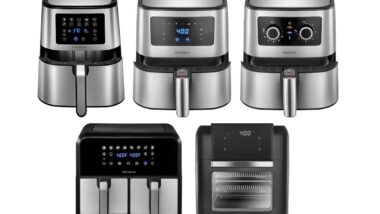
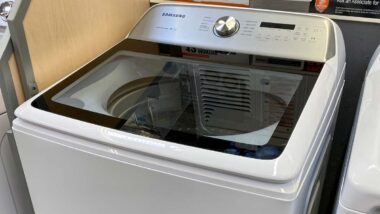

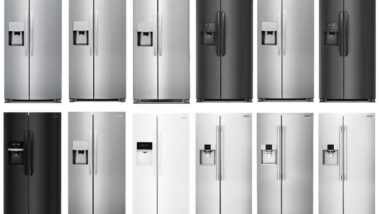

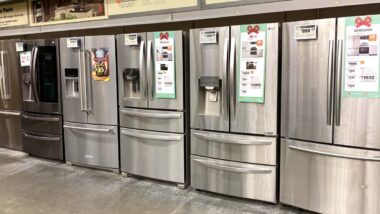

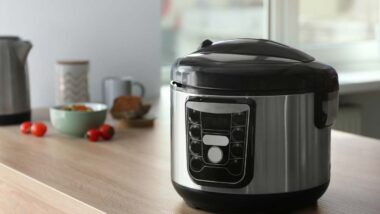
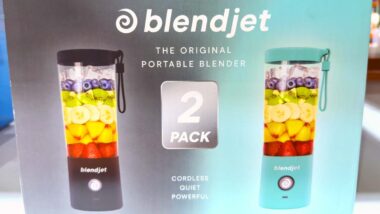
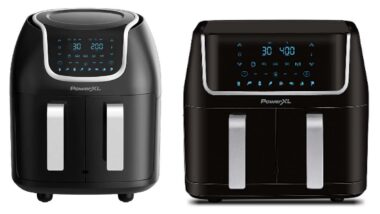
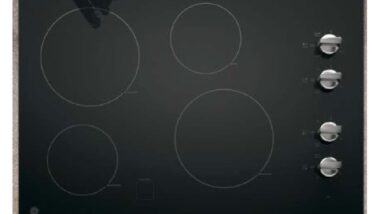
35 thoughts onConsumers Sue Whirlpool Claiming Refrigerator Defect Causes Ice Buildup
I submitted the information about my now defunct french door fridge ages ago along with photos when the fridge finally ended up on the curb. What is happening with this class action, there has not been an update in a long time.
Fridge raider leaks water I have to be at all the time
I bought a Whirlpool frig in 5/13/2019. I have had to replace the ice tray 3 times now. The last new part only lasted 2 weeks until it locked up and quit working. Guess I will have to replace it 4 times to get the ice maker working again.
I purchased a condo with a Whirlpool refrigerator that has a water and ice dispenser. The freezer leaks and I have to empty the bottom of the freezer and break the ice that gathers; I lose and remove it at least once every 14 days. Pretty, but troublesome. I’ve had it repaired, but it continues to happen. Help!